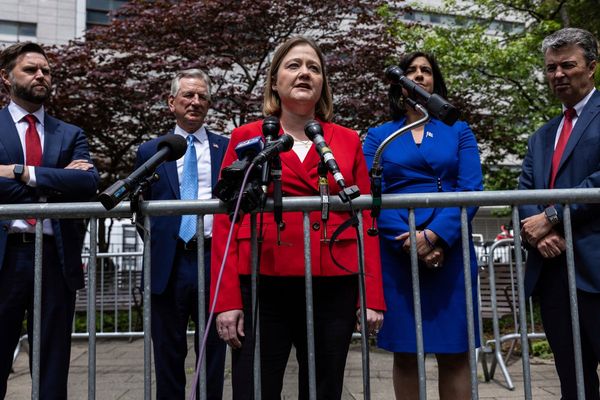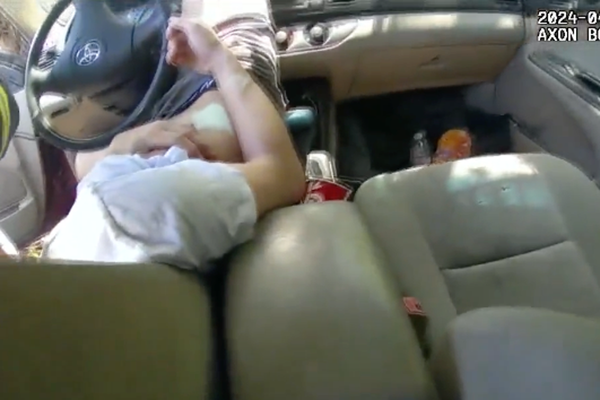Groupon, the provider of online deals that has warned it might run out of cash in the next 12 months, is terminating its lease early for its headquarters at 600 W. Chicago Ave.
The company, which has laid off 1,000 employees in recent months, disclosed the lease termination in a regulatory filing. It said it paid $9.6 million to allow it to end its lease on Jan. 31, 2024 — two years earlier than expected.
In March, the company said it had 2,904 employees, including 799 in North America. Its worker headcount has fallen steadily as the company deals with losses worsened by the pandemic, which affected many merchants it served.
Groupon once leased about 300,000 square feet on Chicago Avenue, where it was a marquee tenant in a landmark building that once was the Montgomery Ward catalog house. But in recent years, it has subleased much of its space to others.
The building’s owner is prominent development firm Sterling Bay.
In disclosing its precarious cash position, Groupon said it had $163.8 million on hand as of March 31 but burned through $76.3 million during the first quarter of 2023.
“Continued cash outflows and operating losses indicate that we may not be able to meet our obligations over the next 12 months. These conditions and events, when considered in the aggregate, raised substantial doubt about our ability to continue as a going concern,” Groupon said in a note attached to its quarterly results.
During the three months ended March 31, Groupon said it lost $28.6 million on revenue that fell 21% to $121.6 million compared with the same quarter in 2022.
Dusan Senkypl, Groupon’s CEO, said in a letter to shareholders that while there are serious financial troubles, he’s “confident that we have a winning transformation plan to rebuild the company and reposition it for future growth.”
He said the company works in an underserved market for “local experiences and services” that is worth $1 trillion. Senkypl is co-founder of Pale Fire Capital, Groupon’s largest shareholder.
Groupon shares closed at $3.28 in Friday’s trading. They have lost more than three-quarters of their value in the last 12 months.







